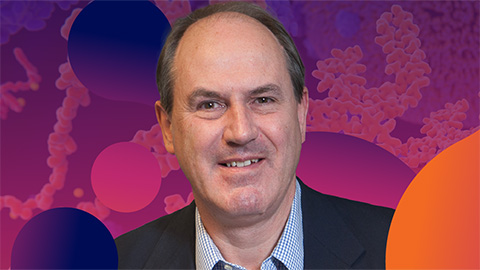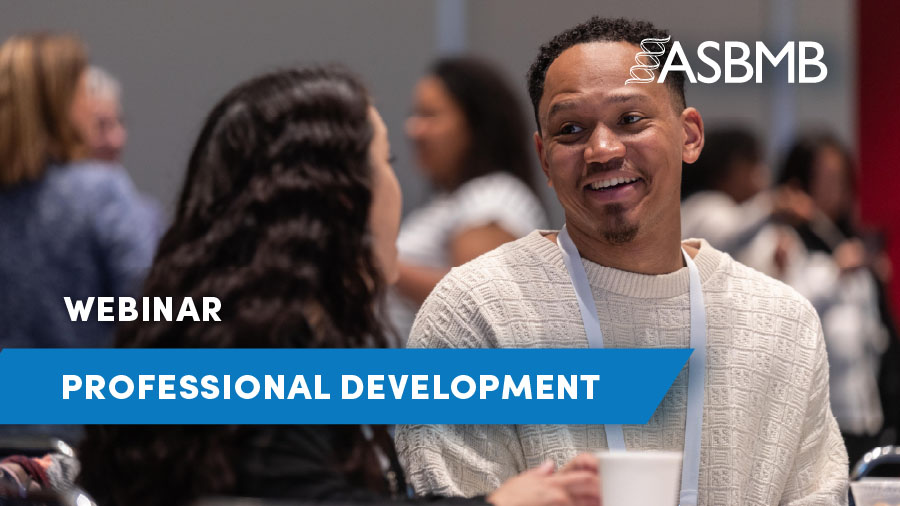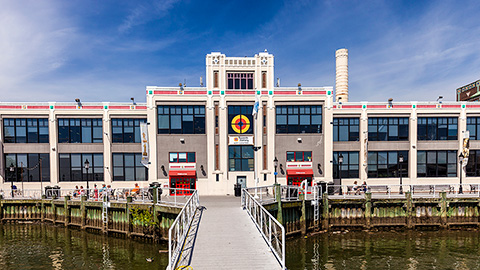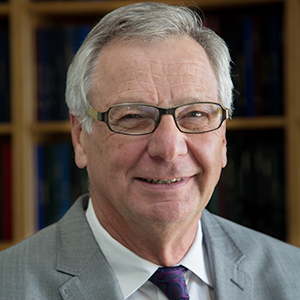
A tale of two postdocs
A postdoctoral fellowship is a crucial transitional step on the road to an independent research position, especially a faculty appointment. A key element to consider is the lab culture. Is it one where you can develop your own project, or are you part of a well-oiled research machine? It turned out that I benefitted from both experiences.
After I graduated with my Ph.D. in biochemistry from the University of British Columbia in 1978, I was lucky enough to win a two-year Medical Research Council of Canada postdoctoral fellowship to join the laboratory of Guido Guidotti at Harvard University, where the focus was on studies of membrane proteins.

Guidotti was a unique scientist. He expected everyone in his lab to develop their own projects, and he didn’t put his name on papers unless he did some of the bench work himself. I decided to work on the oligomeric structure of the Band 3 anion transport protein of human red blood cells, which resulted in a single-author paper in the Journal of Biological Chemistry. Guidotti also encouraged collaboration within his large group, and I benefited from joint projects with Lewis Cantley, now a professor of cell biology at the Dana Farber Cancer Institutes, and Anjana Rao, a professor at the La Jolla Institute for Immunology. We combined our complementary expertise to publish three more papers on Band 3.
The opportunity to develop a new project from concept to publication was certainly challenging, but with the support of a mentor like Guidotti, I developed the very skills I needed to start an independent research program. I also learned the power of teamwork and collaboration, a theme I continued to use throughout my career.
I decided to return to Canada to build my network and find a research position. I turned down a job in a government lab and chose to do a second postdoc with David MacLennan, a leading expert in proteins of the sarcoplasmic reticulum, at the University of Toronto. MacLennan had a carefully laid-out plan for his research and had assembled a team of outstanding postdocs to work on various projects. He made it very clear that all projects would remain under his direction. We decided I would work on the biosynthesis of SR proteins, which introduced me to emerging techniques like cell-free translation. MacLennan gave me the opportunity to supervise a couple of terrific technicians, which provided me with lab management skills.

After two years, MacLennan encouraged me to seek an independent faculty position. With his support, I landed a job in the biochemistry department at the University of Alberta, home to the Medical Research Council Group in Protein Structure and Function. I knew I couldn’t compete with the MacLennan lab, so I proposed that we continue to collaborate, which we did for many years. For my independent project, I went back to Band 3 and received an MRC research grant on the subject of my first postdoc. I had experience with the system and papers to demonstrate my success in the field. The MRC Group proved the expertise and resources I needed to work on the structure of the Band 3 protein in my own lab.
When I work with postdocs, I encourage them to develop their own lines of inquiry so they can take their projects with them, especially if they decide to pursue an academic career path. I act more as a mentor than a supervisor and am open to helping trainees explore various career options.
If you are looking for a faculty position, make sure that you find a postdoc where you can demonstrate independence and develop not only your technical skills but your people skills, including teamwork. Before you decide on a postdoc position, research the lab projects and expertise, read the papers, interview the supervisor and reach out to current and former members of the lab to get a sense of the lab culture and if it is a good fit for you.
Enjoy reading ASBMB Today?
Become a member to receive the print edition four times a year and the digital edition monthly.
Learn moreFeatured jobs
from the ASBMB career center
Get the latest from ASBMB Today
Enter your email address, and we’ll send you a weekly email with recent articles, interviews and more.
Latest in Careers
Careers highlights or most popular articles

From humble beginnings to unlocking lysosomal secrets
Monther Abu–Remaileh will receive the ASBMB’s 2026 Walter A. Shaw Young Investigator Award in Lipid Research at the ASBMB Annual Meeting, March 7-10 in Washington, D.C.

Chemistry meets biology to thwart parasites
Margaret Phillips will receive the Alice and C. C. Wang Award in Molecular Parasitology at the ASBMB Annual Meeting, March 7-10 in Washington, D.C.

Decoding how bacteria flip host’s molecular switches
Kim Orth will receive the Earl and Thressa Stadtman Distinguished Scientists Award at the ASBMB Annual Meeting, March 7–10, just outside of Washington, D.C.

Defining JNKs: Targets for drug discovery
Roger Davis will receive the Bert and Natalie Vallee Award in Biomedical Science at the ASBMB Annual Meeting, March 7–10, just outside of Washington, D.C.

Upcoming opportunities
No matter where you are in your career and what future path you aspire to, everyone needs leadership skills. Join ASBMB for practical strategies for building and practicing leadership skills.

Close out ASBMB 2026 with a bang
The closing reception of the 2026 ASBMB Annual Meeting will be held at the Torpedo Factory Art Center in Alexandra, Virginia.

